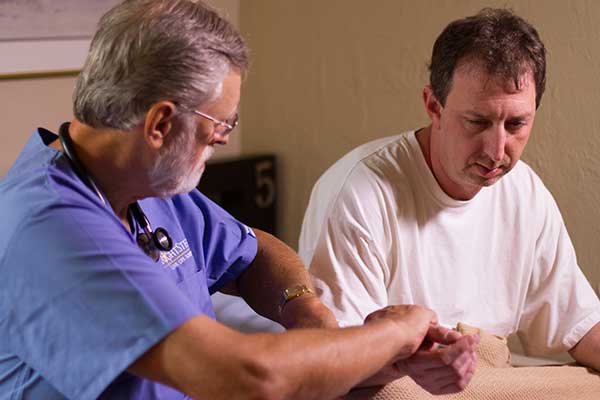Relapse. It seems easy enough to talk about relapse until it is happening to you or someone you love. It’s hard to know what to do when a recovering alcoholic relapses, especially when all your efforts up to that point have been on keeping that from happening. Shame and guilt are often layered on top of anger and worry due to feeling like you are letting loved ones down. Getting sober was hard, but coming back from a relapse can feel like there’s even more to lose. How do you figure out what to do when a recovering alcoholic relapses? Here are some tips to guide you:
- Prepare in advance! Reading articles like this can help, as well as talking openly about it at meetings (Alcoholics Anonymous or Alanon) or in therapy. Make an action plan based on information you collect so that if a relapse happens again, you can rely upon your plan, instead of having to try to create one while you’re upset and distracted.
- Alcoholism is defined as a progressive and chronic disease. People diagnosed with alcoholism are prone to flare ups of this disease. If you try to look at it this way, it helps take the shame and guilt out of the equation. Relapse is one of the many unpleasant symptoms of this disease and is considered part of the recovery process.
- Get to a meeting. If you are relapsing, go to an AA meeting. If your loved one is relapsing, get to an Alanon meeting.
- Talk to your sponsor. Be honest. What’s happening is a fact, and needs to be handled. If your relapse is significant in terms of how much you are drinking and how often, you may need medical attention.
- Your first step is to become abstinent again. Once you’re sober again, use your support team — your loved ones, sponsor, and therapist — to figure out what triggered the relapse.
- Cravings may have played a role in your relapse. Cravings can be powerful in early recovery, and managing them is a difficult but important aspect of recovery. Talk with your doctor and your therapist about ways to address cravings, including medications and cognitive behavioral therapy.
Just like an emergency plan for dealing with a house fire, having a relapse plan in advance will help you know what to do when a recovering alcoholic relapses. Hopefully you’ll never need to use your plan, but if the worst case scenario comes up, at least you’ll be prepared.
Sources
https://psychcentral.com/lib/relapse-prevention/ https://pubs.niaaa.nih.gov/publications/arh23-2/151-160.pdf https://www.verywell.com/alcohol-relapse-and-craving-67897






